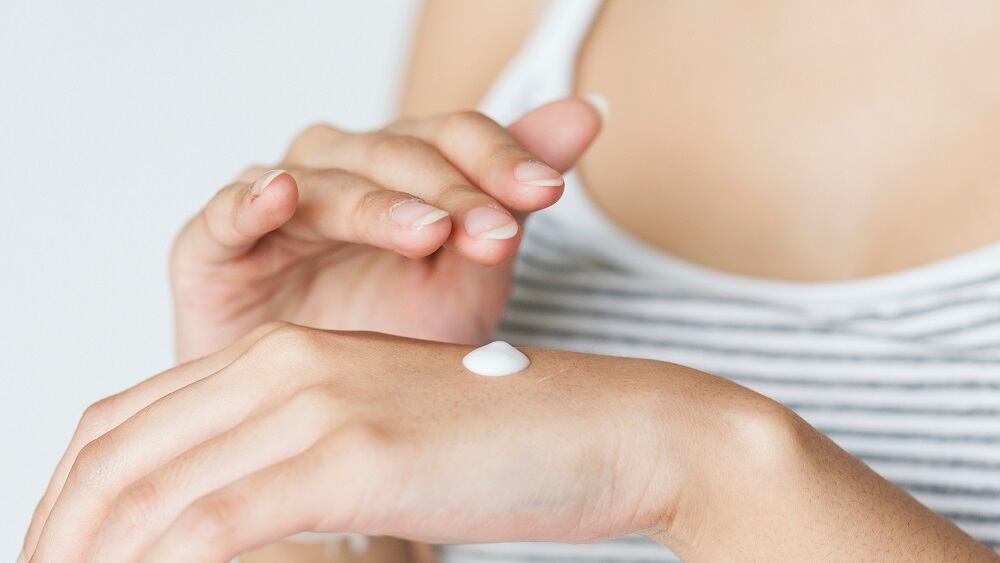Keiko Tsushima, marketing associate, personal care, Croda, told CosmeticsDesign-Asia that the characteristics of SR Crodamol DNEO are ideal for the Japanese consumer.
“In Japan, summers are humid so light products with a smooth feel and low viscosity is desired among Japanese consumers. SR Crodamol DNEO provides a smooth and light veil on both skin and hair.”
Tsushima added that sustainability was another motivating factor which drove the company to create the ingredient.
“The raw material comes from a sustainable source and is eco-friendly. It is one of the key points of this ingredient.”
SR Crodamol DNEO utilises dibasic acid, an existing manufacturing by-product, as a starting material.
The key to the ingredient, said Tsushima, is that it was created with Croda’s proprietary Super Refining technology.
The oil purifying process removes impurities from crude oil as well as colour and odour.
“After the process, the oil stability increases in terms of oxidation and hydrolysis. It also improves the heat tolerance of the oil. After one month, it remains stable with low colour and odour,” claimed Tsushima.
Made in Japan
While the product was launched in Japan, Tsushima believes that high-quality Super Refined oils manufactured using Croda’s proprietary purification technology has potential in other markets.
This not only due to the demand for high-purity oils, but also for Japan-made cosmetic technologies.
Tsushima believes the Japanese manufacturing process encompasses the principles of Japanese cuisine, known locally as washoku.
“Washoku represents the Japanese spirit. I like to highlight Japanese spirit because it is the most important to Japanese manufacturing. The meticulousness represented in washoku is also seen in the manufacturing process, creating that ‘made-in-Japan’ quality,” she said.
Another characteristic of Japanese cosmetics is their high-performance, added Tsushima.
“Japanese cosmetics companies have advanced formulation technologies. These advanced formulation technologies enable companies to create products with high stability and visible skin care effects.”
While Japan and South Korea are often compared to each other, Tsushima believes the neighbouring countries have very different approaches to beauty.
While the South Korean beauty industry is driven by ideas and innovation, Japan priorities safety and quality, she said.
“This is because the Japanese consumer considers quality and safety the most important factors when it comes to selecting cosmetics,” she said.
When it comes to innovation, Japan focuses on “long-term reliability” and places emphasis on scientific research, said Tsushima.
She likened the process of producing cosmetics as a marathon. “It’s a slower process because a product won’t be launched without 100% certainty on its quality. In the case of ingredients, more time is needed to do safety and efficacy tests. We have to do our complete research before we can launch.”





